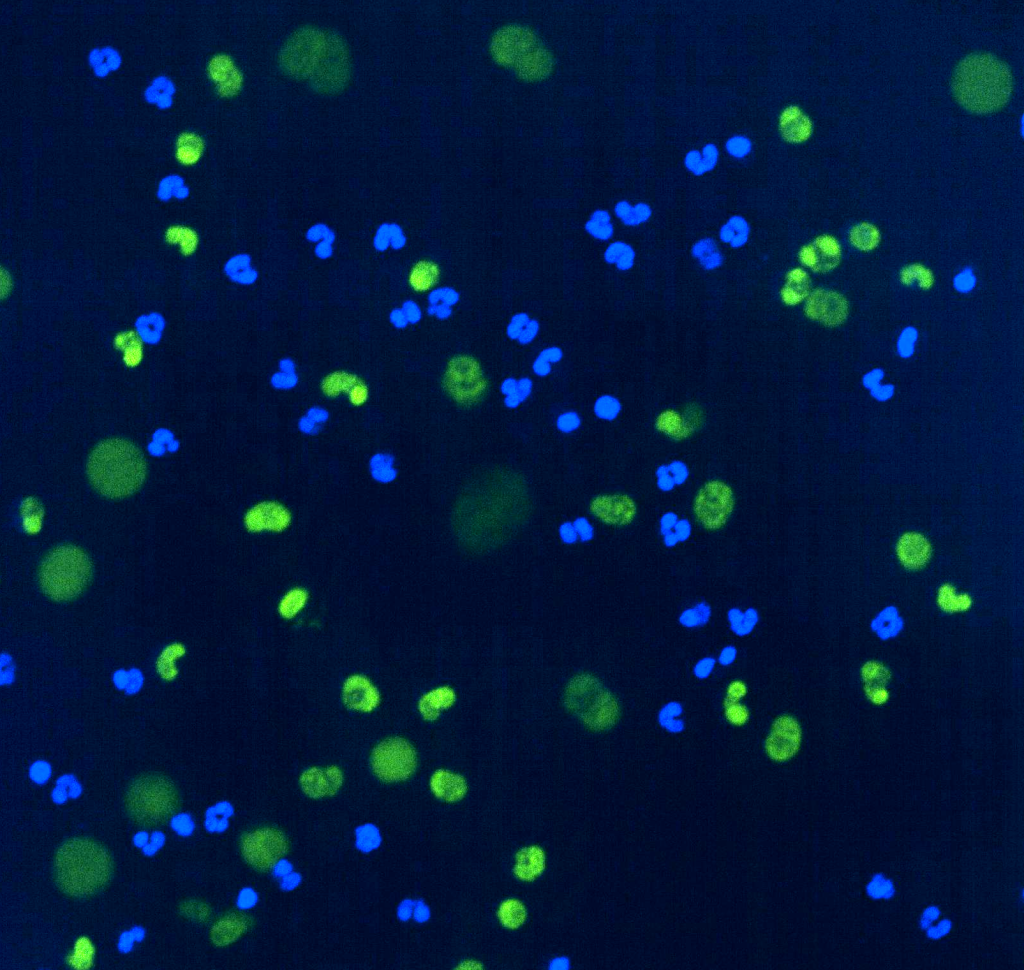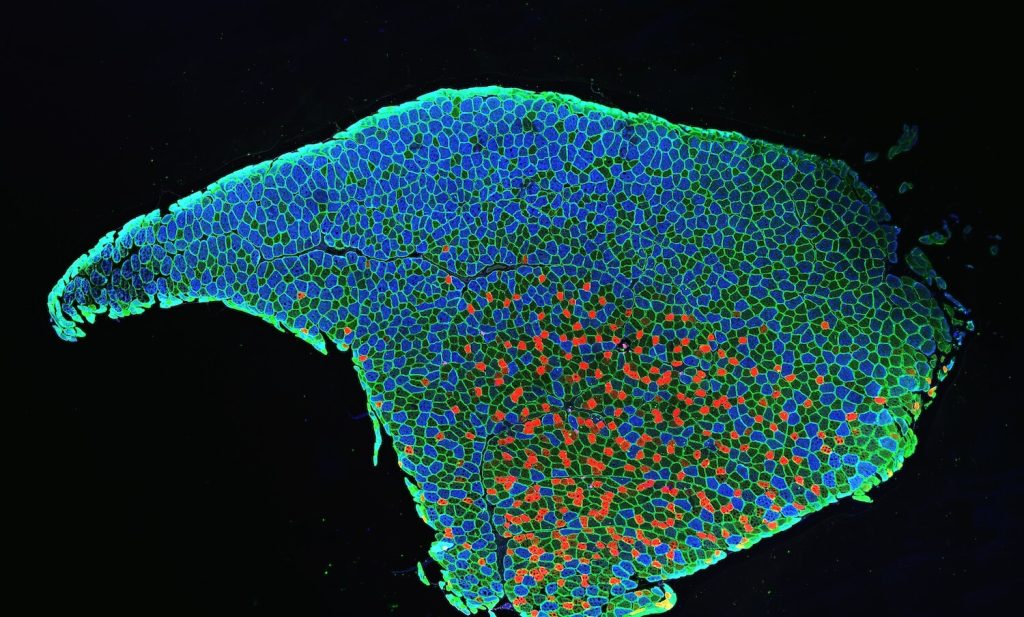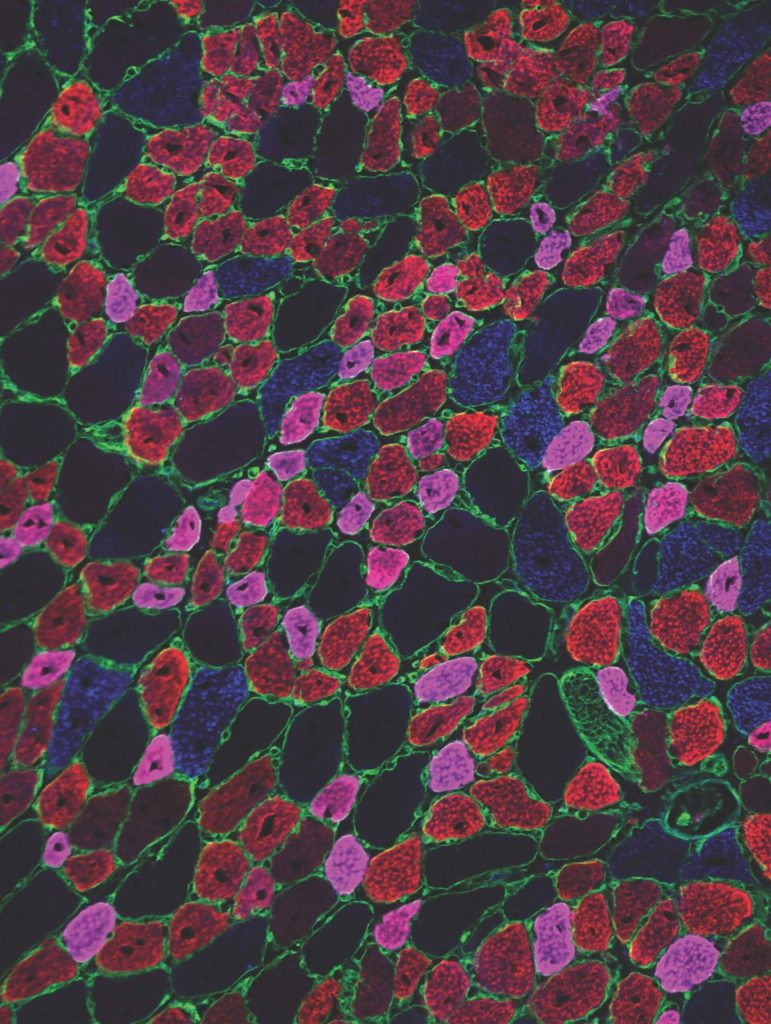
Scientists at the Children’s Medical Center Research Institute at UT Southwestern (CRI) have made a surprising discovery that significantly advances the current level of knowledge about stem cells in the brain.
For many years, researchers have assumed that neural stem cells (NSCs) could be identified based on their capacity to initiate clusters of cells in laboratory dishes, called neurospheres. However, scientists at CRI led by Sean Morrison, Ph.D., have identified markers showing that the neurosphere-initiating cells (NICs) are not stem cells at all. The NICs arise from NSCs but are very proliferative and short-lived. The research team identified a separate population of long-lived cells that are NSCs, which do not form neurospheres but give rise to larger numbers of brain cells in vivo.
“This new ability to purify brain stem cells directly from tissue will profoundly accelerate our understanding of brain stem cell function,” said Dr. Morrison, Director of CRI. “By providing a way to study NSCs and NICs in vivo and in more granular detail than before, this finding will alter the way we approach the development of neural stem cell therapies.”
Although many brain cells cannot be regenerated, NSCs persist throughout life in various regions of the brain, regenerating certain kinds of cells. Modulation of neural stem cell activity may influence learning, memory and other behaviors.
Read the research article published in eLife.



